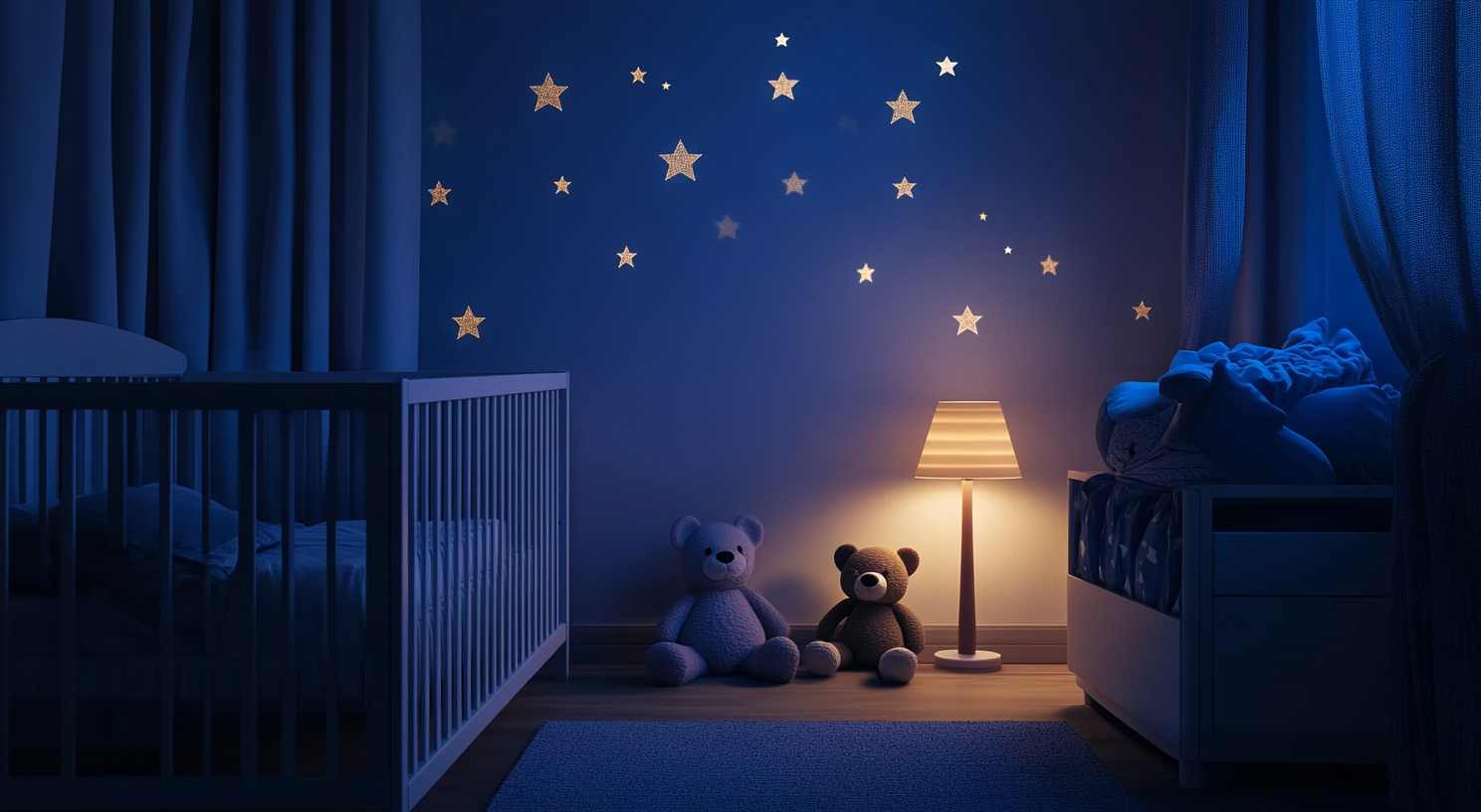One of the most challenging aspects of caring for your baby is ensuring they get enough sleep.
Establish a Consistent Sleep Schedule
One of the most important things you can do to help your baby sleep better is to establish a consistent sleep schedule. Consistency helps your baby's internal clock making it easier for them to fall asleep and stay asleep.
A baby sleep tracker can be a helpful tool in establishing a consistent sleep schedule. By tracking your baby's sleep patterns you can identify when they become tired and when they are most alert.
Create a Calming Bedtime Routine
Another important tip for helping your baby sleep better is to create a calming bedtime routine. This can include a warm bath, a gentle massage and quiet time together. A consistent bedtime routine helps signal to your baby that it's time to wind down and prepare for sleep.
During your bedtime routine, try to avoid over-stimulating activities like playing or watching the TV. Instead focus on soothing activities that will help your baby relax.
Understand Wake Windows
Wake windows refer to the amount of time your baby can stay awake between naps or before bedtime. Understanding your baby's wake windows can help you avoid overtiredness, which can make it harder for your baby to fall asleep and stay asleep.
Newborns typically have short wake windows, sometimes as little as 30 minutes. As your baby grows, wake windows will gradually increase. By 6 months, most babies can stay awake for 2-3 hours between naps.
Pay attention to your baby's cues to help determine when they are ready for a nap or bedtime. Yawning, rubbing their eyes, and becoming fussy are all signs that your baby is getting tired.
Feed Your Baby Before Bedtime
Feeding your baby before bedtime can help them feel full and satisfied making it easier for them to fall asleep. It's important not to feed your baby right before putting them down as this can lead to associations between feeding and falling asleep.
Try feeding your baby 20-30 minutes before bedtime. This gives them time to digest and become drowsy without relying on feeding to fall asleep.
Create a Safe Sleep Environment
It's important to create a safe sleep environment for your baby. Place your baby on their back to sleep using a firm mattress and keep the crib free of blankets pillows and toys.
Follow these tips and using tools like a baby sleep tracker can help your baby develop healthy sleep habits.
Every baby is different and what works for one may not work for another. Be patient, and don't hesitate to reach out to your pediatrician/doctor if you have concerns about your baby's sleep.


